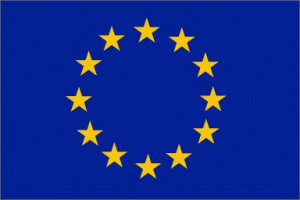 Last week, more European government officials signaled that they would refuse or delay ratification of the Anticounterfeiting Trade Agreement. Polish Prime Minister Donald Tusk told a news conference that Poland would not move to ratify it, saying “The ACTA is an attempt to protect copyright, but the freedom sacrificed is too high a price to pay,” and that he “sent a letter to all the leaders of national parties represented within the EPP, suggesting that they reject the ACTA in its current form, as negotiated by the European Commission.”
Last week, more European government officials signaled that they would refuse or delay ratification of the Anticounterfeiting Trade Agreement. Polish Prime Minister Donald Tusk told a news conference that Poland would not move to ratify it, saying “The ACTA is an attempt to protect copyright, but the freedom sacrificed is too high a price to pay,” and that he “sent a letter to all the leaders of national parties represented within the EPP, suggesting that they reject the ACTA in its current form, as negotiated by the European Commission.”
Bulgarian Economy Minister Traicho Traikov said he would “table a proposal to the Council of Ministers to stop the procedure of Bulgaria’s signing the Anti-Counterfeiting Trade Agreement… Bulgarian society is not ready to accept mechanisms which raise suspicions of violation of the freedom of expression and freedom [on the] internet. ”
Slovenian Education, Science and Culture Minister Ziga Turk said that “The government is leaning towards freezing the ratification of the agreement. We do not see any practical need for Slovenia to ratify the agreement right now.”
Radio Netherlands reports that the Dutch Lower House has backed a motion from the Green Left party which says “the Netherlands should, for the time being, refrain from signing an international treaty designed to combat piracy and counterfeit trade on the Internet.”
Meanwhile, civil society groups are continuing to pressure governments to refrain from ratifying ACTA. La Quadrature du Net is urging European citizens to contact their Parliamentarians, as this week they are back in their home districts. Médecins Sans Frontières released a briefing paper describing “the impact of the enforcement agenda on the production and supply of affordable, legitimate medicines.”
On March 1, the European Parliament’s Committee on International Trade will hold a public workshop on ACTA in Brussels, which anyone can attend as long as they register by Tuesday, February 21.




